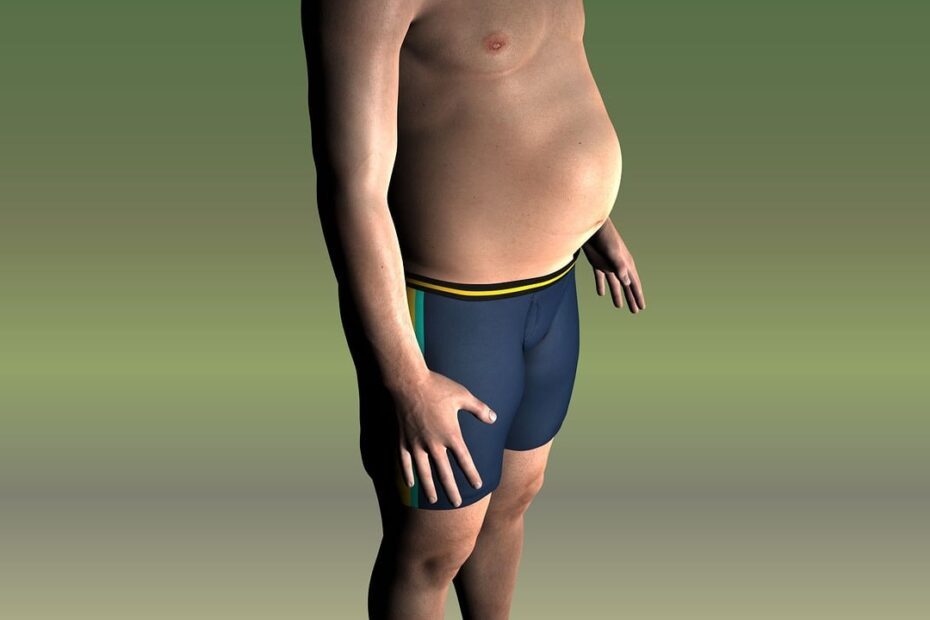Last Updated on September 6, 2023 by kavin
In the initial trimester following a gastric sleeve surgical procedure, the paramount phase unfolds for substantial weight reduction. Although the precise quantum of weight reduction may fluctuate among individuals, it’s customary for folks to undergo a significant diminution in weight throughout this interval. As per reputable sources like clinicexpert.com, the inaugural three months can furnish a robust bedrock for the pursuit of weight management.
For a more discernible illustration, you may peruse the before-and-after visuals of a patient who traversed from 235lbs, boasting a BMI of 34.4, to a svelte 199lbs, accompanied by a BMI of 29, all within the concise span of three months subsequent to the surgical intervention. These transformations are amply evident on the domain texasendosurg.com.
Before Gastric Sleeve Surgery: Before undergoing gastric sleeve surgery, you will typically go through a thorough evaluation process with your healthcare team. This includes discussions with a surgeon, dietitian, and possibly a psychologist to ensure that you are a suitable candidate both physically and mentally for the procedure.
During this period, you may also be required to make some lifestyle changes, such as adopting a special pre-operative diet. This diet helps reduce the size of your liver, making the surgery safer and more effective. You will also receive instructions on what medications to take and what to avoid in the days leading up to the surgery.
After Gastric Sleeve Surgery (3 Months): Three months after gastric sleeve surgery, you should notice significant changes in your body and overall health. Here’s what you might expect:
- Weight Loss: You will likely have lost a significant amount of weight by this point. Many patients lose a substantial portion of their excess body weight during the first three months following surgery. However, the exact amount varies from person to person.
- Dietary Changes: You will have transitioned through different phases of the post-operative diet plan. Initially, you would have been on a liquid diet, followed by soft foods, and then gradually introduced to solid foods. At the 3-month mark, you should be eating a more regular diet, albeit in smaller portions.
- Improved Health: Many patients experience improvements in health conditions related to obesity, such as diabetes, high blood pressure, and sleep apnea. These improvements can continue to progress over time as you lose more weight.
- Increased Energy: With weight loss and improved overall health, you may notice an increase in energy levels and the ability to engage in physical activities more comfortably.
- Regular Follow-ups: You will likely have had several follow-up appointments with your surgeon and dietitian to monitor your progress and adjust your diet as needed. These appointments are crucial to ensuring that you are on the right track.
- Emotional Changes: Weight loss can also bring about emotional changes. Some people report feeling more confident and positive about themselves, while others may experience challenges related to body image and self-esteem.
It’s important to note that the speed and extent of weight loss and other changes can vary from person to person. Gastric sleeve surgery is a tool to help with weight loss, but long-term success depends on making healthy lifestyle choices and following the post-operative guidelines provided by your healthcare team.
Always consult with your healthcare provider for personalized advice and guidance throughout your gastric sleeve surgery journey.
